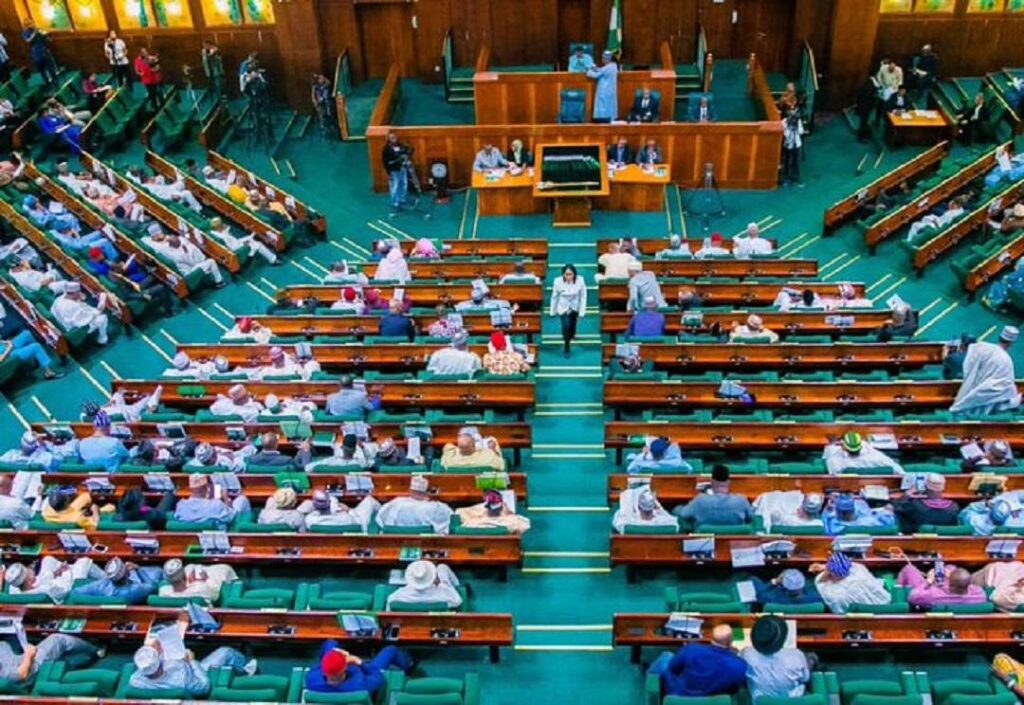The House of Representatives on Thursday urged the Federal Government to immediately halt all divestment processes by Shell, TotalEnergies, and other JOCs until their historical environmental and social liabilities are addressed, and ensure that no divestment proceeds without transparent consultations with Niger Delta communities and state governments.
The resolution followed the adoption of a motion sponsored by minority leader, Kingsley Chinda (PDP, Rivers).
The House also mandated the NUPRC to enforce compliance with the PIA reject divestment applications that fail to meet the highest standards of corporate accountability and conduct detailed assessments of new operators’ financial, technical, and environmental capacities before granting approval.
It equally called for the establishment of an Environmental Restoration Fund, financed by IOCs, to comprehensively address the UNEP and BSOEC’s estimated $100 billion in damages across the Niger Delta and introduce Community profit-sharing mechanisms to ensure that host communities benefit directly from oil and gas revenues.
Presenting the motion, Chinda noted that the Nigerian Petroleum Industry Act (PIA) vests the Nigeria Upstream Petroleum Regulatory Commission (NUPRC) with the responsibility to regulate the upstream petroleum sector in line with national interest and global best practices.
He said that independent assessments, including those by the United Nations Environment Programme (UNEP) and the Bayelsa State Oil and Environment Commission (BSOEC), have documented the catastrophic environmental and health impacts of oil exploration in the Niger Delta, including contaminated water sources, soil infertility, loss of biodiversity, and public health emergencies.
“Aware that recently, the NUPRC has rejected Shell’s divestment application, citing failure to address environmental liabilities and concerns about the Capacity of the Renaissance Consortium to manage the assets effectively.
“Also aware that past divestments by IOCs, such as Shell’s sale of assets in Nembe to Aiteo, ExxonMobil’s transfers, and ENI/AGIP’s sales to Oando, have left communities with unresolved pollution, worsened environmental degradation, and increased social unrest.
“Further notes that the Nigerian Government has a duty to protect the rights and welfare of its citizens, particularly those in the Niger Delta, who have borne the brunt of environmental and social harm from oil extraction.
“Concerned that approving Shell’s or TotalEnergies’ divestment requests without addressing these historical and ongoing liabilities risks undermining Nigeria’s regulatory independence, transferring corporate responsibilities to the Nigerian state, and signalling impunity for environmental crimes” Chinda submitted.
Chinda expressed concerns that allowing IOCs to divest without accountability would jeopardize the future of the Niger Delta, undermine Nigeria’s sovereignty, and burden the Nigerian people with the economic and environmental costs of cleanup.
He believed that a comprehensive and transparent review process, including full disclosure of environmental liabilities and enforceable commitments for cleanup and reparations, must precede any approval of IOC divestments.
“Worried that if regulatory independence is not safeguarded to uphold the rule of law and protect national interests against undue corporate and political interference, the sovereignty of the country will be threatened and citizens’ trust in the government would further diminish”.
The motion was unanimously adopted.














